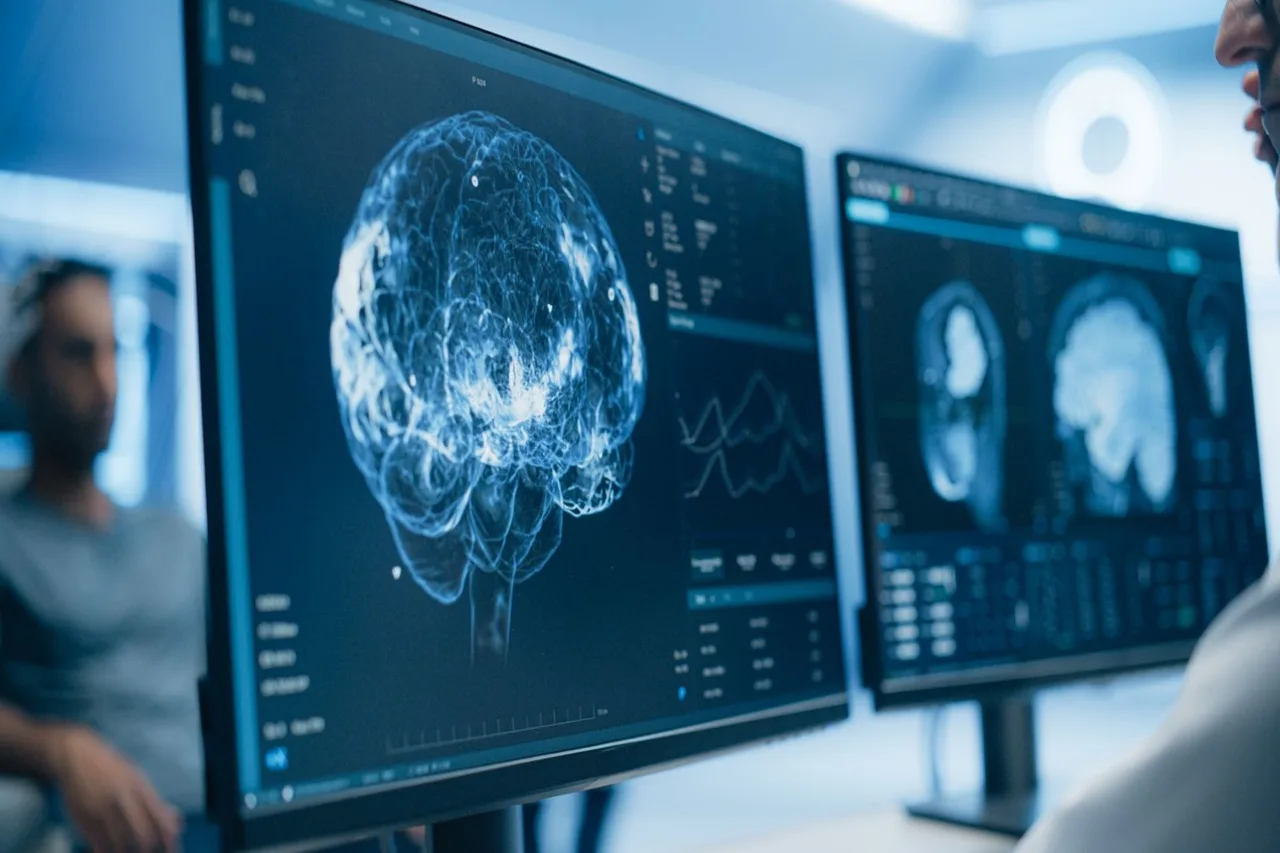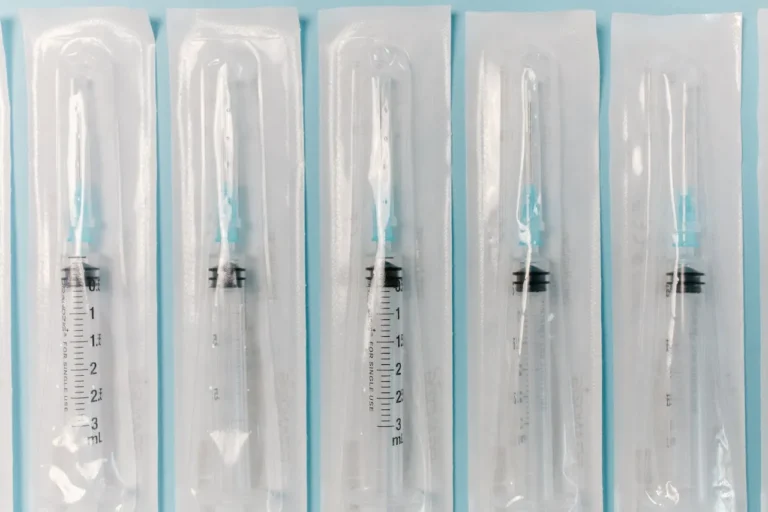Alto Neuroscience, Inc., a clinical-stage biopharmaceutical company pioneering precision medicines for neuropsychiatric disorders, announced that the U.S. Food and Drug Administration (FDA) has granted Fast Track designation to ALTO-101 for the treatment of cognitive impairment associated with schizophrenia (CIAS). This regulatory milestone recognizes the urgent unmet need for effective therapies addressing one of the most disabling features of schizophrenia.
Cognitive impairment affects nearly all individuals living with schizophrenia, impairing memory, attention, and problem-solving abilities. These deficits contribute significantly to reduced independence and poor functional outcomes, yet no therapies are currently approved to treat CIAS.
Accelerating Development for an Unmet Need
The FDA’s Fast Track program is designed to expedite the development and review of therapies that aim to treat serious or life-threatening conditions with unmet medical needs. This designation allows for closer, more frequent communication with the FDA throughout the development process and may qualify a therapy for priority review or accelerated approval if specific criteria are met.
“Receiving Fast Track designation underscores both the clinical importance of our work and the potential of ALTO-101 to transform treatment for patients suffering from CIAS,” said Amit Etkin, M.D., Ph.D., founder and chief executive officer of Alto Neuroscience. “This milestone reflects the strong science behind our program and reinforces the FDA’s recognition of the need for new therapeutic options. We believe ALTO-101 represents a novel and targeted approach that could deliver meaningful improvements in cognitive function for patients with schizophrenia.”
Dr. Etkin added, “Our Phase 1 results demonstrated encouraging signals — showing measurable, clinically relevant effects of ALTO-101 on EEG biomarkers and cognitive performance in healthy subjects. These findings support our precision-medicine approach, which links biological measures directly to treatment response. We’re committed to advancing ALTO-101 rapidly into later-stage trials to bring a much-needed solution to millions of people living with schizophrenia.”
About ALTO-101: A Novel PDE4 Inhibitor Targeting Brain Circuitry
ALTO-101 is a novel, selective small-molecule inhibitor of phosphodiesterase-4 (PDE4), an enzyme that regulates levels of cyclic adenosine monophosphate (cAMP) in the brain. cAMP plays a central role in neuronal signaling, learning, and synaptic plasticity — processes essential for cognitive function. By inhibiting PDE4, ALTO-101 boosts cAMP signaling and is believed to strengthen the neural circuits responsible for attention, memory, and executive control.
Unlike traditional antipsychotics, which target psychotic symptoms such as hallucinations or delusions, ALTO-101 focuses specifically on the cognitive dimension of schizophrenia — a domain long neglected in drug development despite its profound effect on quality of life.
Preclinical and early clinical findings suggest that ALTO-101 can modulate neural network activity in brain regions associated with cognition. In a completed Phase 1 trial, ALTO-101 showed robust pharmacodynamic effects on EEG-based measures of cortical function and improved performance on standardized cognitive tests in healthy participants, providing early validation of its mechanism of action.
Addressing the Cognitive Core of Schizophrenia
Cognitive impairment in schizophrenia (CIAS) encompasses deficits in attention, working memory, processing speed, and executive function. These impairments emerge early, often before the first psychotic episode, and persist throughout the course of illness. Importantly, they are the strongest predictor of real-world functional outcomes, such as employment, social engagement, and independent living.
Despite extensive research, no FDA-approved therapies directly target CIAS. Existing antipsychotic medications primarily address positive symptoms and have limited or no effect on cognition. ALTO-101’s mechanism represents a first-in-class approach aimed at repairing cognitive circuitry rather than simply managing behavioral manifestations of the disease.
A Precision Psychiatry Approach
Alto Neuroscience’s development strategy centers on precision psychiatry — tailoring treatment to specific biological and behavioral profiles using objective measures such as EEG, digital biomarkers, and cognitive testing. This approach enables the company to identify patient subgroups most likely to respond to targeted therapies, reducing trial variability and accelerating development timelines.
“Neuropsychiatric disorders are highly heterogeneous, and that’s been a major barrier to therapeutic progress,” Dr. Etkin noted. “At Alto, we integrate neuroscience-based biomarkers with clinical data to match the right patient to the right treatment. ALTO-101 exemplifies how precision medicine principles can finally be brought to psychiatry, much like they have revolutionized oncology and immunology.”
Next Steps for ALTO-101
With Fast Track designation secured, Alto plans to advance ALTO-101 into Phase 2 development to further evaluate safety, efficacy, and biomarker-guided patient selection in individuals with schizophrenia and measurable cognitive deficits. The company will work closely with the FDA to optimize trial design and explore potential pathways for accelerated approval.
Alto also continues to expand its pipeline of precision therapeutics addressing a range of neuropsychiatric conditions, including depression, post-traumatic stress disorder (PTSD), and other cognitive disorders.
About Cognitive Impairment Associated with Schizophrenia (CIAS)
Cognitive impairment is a core and disabling feature of schizophrenia, affecting areas such as memory, attention, processing speed, and executive function. These deficits are a primary determinant of poor functional outcomes for patients, impacting their ability to work, maintain social relationships, and live independently. Currently, there are no approved treatments for CIAS, representing a significant unmet medical need for the millions of people living with schizophrenia worldwide.



